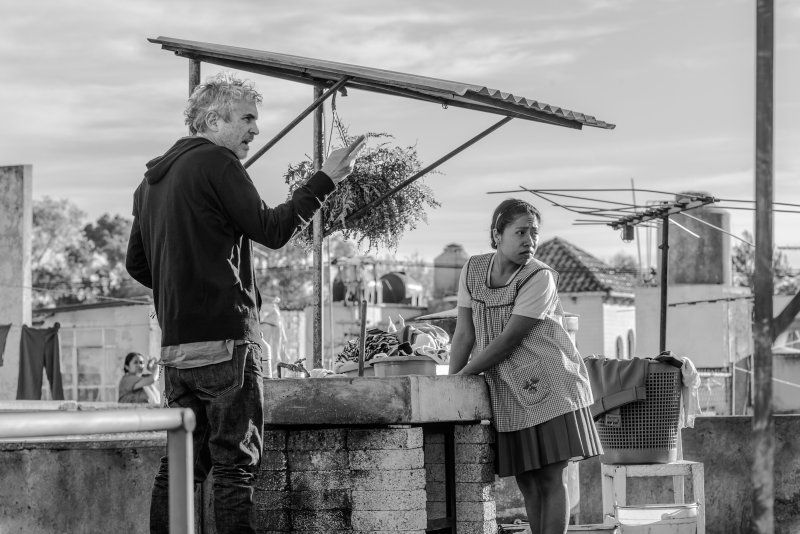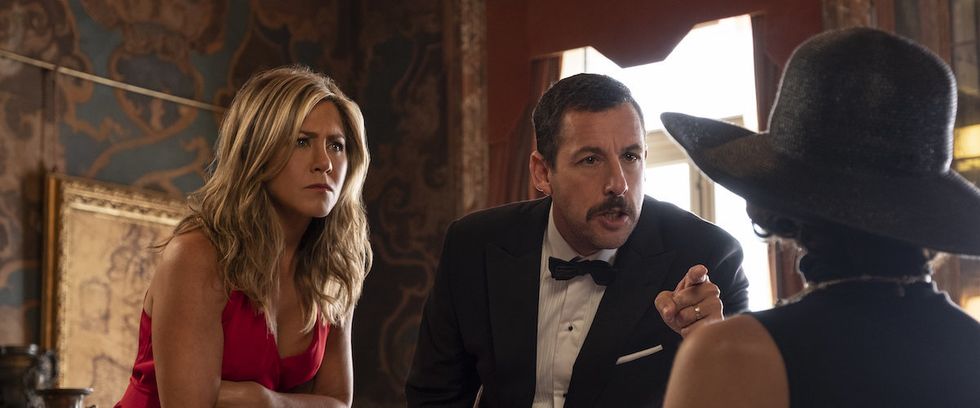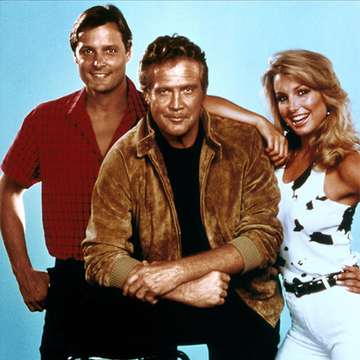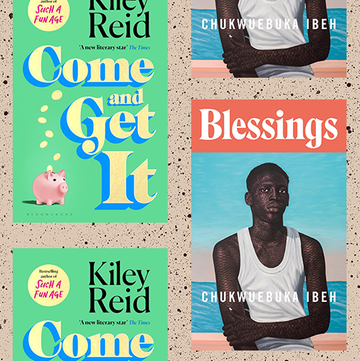Netflix may have picked up an impressive 15 Oscar nominations earlier this year, but as you’d expect from a company hellbent on world domination, it wants more.
The streaming giant spent a colossal $100 million on the star-studded The Irishman, in perhaps its most blatant bid yet to secure that elusive Best Picture win. And if Martin Scorsese’s mobster epic doesn’t sway Academy voters, then they have a back-up plan: Noah Baumbach’s Marriage Story is being hailed as the best divorce drama since Kramer vs. Kramer, the 1979 weepie that won five coveted statuettes.
Of course, Netflix has never hidden its ambition to become a major player come awards season. Its campaign for Alfonso Cuarón’s Roma reportedly cost $30 million, twice the film’s budget. That it helped the film to three Oscars – Best Director, Best Cinematography and Best Foreign Language Film – probably represents good value for money at Netflix HQ.
However, its attempts to establish a reputation of prestige have been undermined by both the sheer volume of middling acquisitions that would previously have gone direct-to-DVD, and the very thing Netflix has been notoriously secretive about: its viewing figures.
After several years of keeping shtum, Netflix has recently started to comply with the numbers-obsessed industry and offered the occasional data dump. And although the methodology used appears arbitrary – apparently 80 million households watched 70% of Bird Box in its first month – it still paints an interesting picture about the disparity between Netflix’s viewership and its quest for critical kudos.
Of the ten most-watched original films released from Sept ’18-Oct ‘19, nearly half fall under Rotten Tomatoes’ 50% mark. Proving that subscribers aren’t deterred by a college admissions bribery scandal, the Felicity Huffman-starring Otherhood brings up the rear at 26%, just behind Secret Obsession, a throwback to the damsel-in-distress thrillers of the early Nineties.
Throw in The Perfect Date (a vehicle for tween catnip Noah Centineo) and Tall Girl (another tone-deaf teen satire, in the vein of Insatiable), and it becomes clear what the average consumer is currently looking for: undemanding, low-stakes fare which sits somewhere between the Hallmark Channel’s schmaltz and Lifetime’s B-movie trash.
Of course, the top 10 isn’t entirely devoid of quality. Combining Ali Wong and Randall Park’s natural charm, head-nodding hip-hop and this year’s best cameo from a self-effacing Keanu Reeves, Always Be My Maybe is the funniest film to emerge from the rom-com revival.
Post-apocalyptic meme machine Bird Box and the Expendables-with-brains set-up of Triple Frontier both showed that Netflix can occasionally make pulse-racers that wouldn’t be out of place in a multiplex. And with its jaw-dropping accounts of social media schadenfreude and $175,000 blow jobs, Fyre remains this year’s most compelling cautionary tale. Even the eternally lazy Adam Sandler put in a rare bit of effort with his so-so whodunit, Murder Mystery. The 73 million people who watched it will be pleased to hear that Netflix is developing a sequel.
But the only accolades that anything from the top 10 is likely to be vying for is at the Teen Choice or MTV Movie Awards, perhaps even the Razzies in the case of regular punching bag Sandler.
In fact, the list is just as notable for what it doesn’t feature. Auteur-driven work such as the Coen brothers’ western anthology The Ballad of Buster Scruggs, Steven Soderbergh’s basketball-free basketball movie High Flying Bird, and Paul Greengrass’ hard-hitting docudrama 22 July are all notably absent.
Orson Welles is regarded as a cinematic visionary, but more people watched a documentary about a cancelled music festival than his heavily-delayed posthumous swansong. And even those Oscars couldn’t push Roma into the Top 10.
Will the celebrated filmmakers who also put bums on seats be willing to keep working with a company that can’t guarantee a significant audience? There’s no shame in playing second fiddle to a Sandra Bullock blockbuster, but being bested by a glorified TV movie is harder to swallow.
And can Netflix continue ploughing money into highbrow projects that are later snubbed by the major ceremonies (Beasts of No Nation, The Meyerowitz Stories, most likely The Laundromat)? Back in July, it revealed that for the first time in eight years its American subscriber base had dropped, a worrying sign considering Apple TV+ and Disney+‘s imminent launches.
One look at Netflix’s forthcoming slate suggests that its already shifting their focus further towards the less discerning viewer. There’s a sequel to hit rom-com All The Boys I’ve Loved Before, the Michael Bay-directed actioner 6 Underground and five generic festive movies on the way – the Vanessa Hudgens-fronted The Knight Before Christmas, in particular, seems destined for so-bad-it’s-good status.
Contrastingly, Netflix’s Top 10 TV originals feature far more thought-provoking, distinctive content, including gut-wrenching true-crime dramas When They See Us and Unbelievable, and David Attenborough’s awe-inspiring Our Planet. But when it comes to movies, comfort and high-concept seem to be audiences’ default choices.
The 2020 Oscars could therefore be crucial to Netflix’s future strategy. Should the heavily-tipped The Irishman emerge victorious, then expect plenty more awards bait. If a more traditional studio prevails, then the calibre of filmmakers they’ve been courting could start looking elsewhere. If a late-career Scorsese best starring De Niro, Pacino and Pesci can’t cement Netflix as a prestige powerhouse, what can?
Like this article? Sign up to our newsletter to get more delivered straight to your inbox















